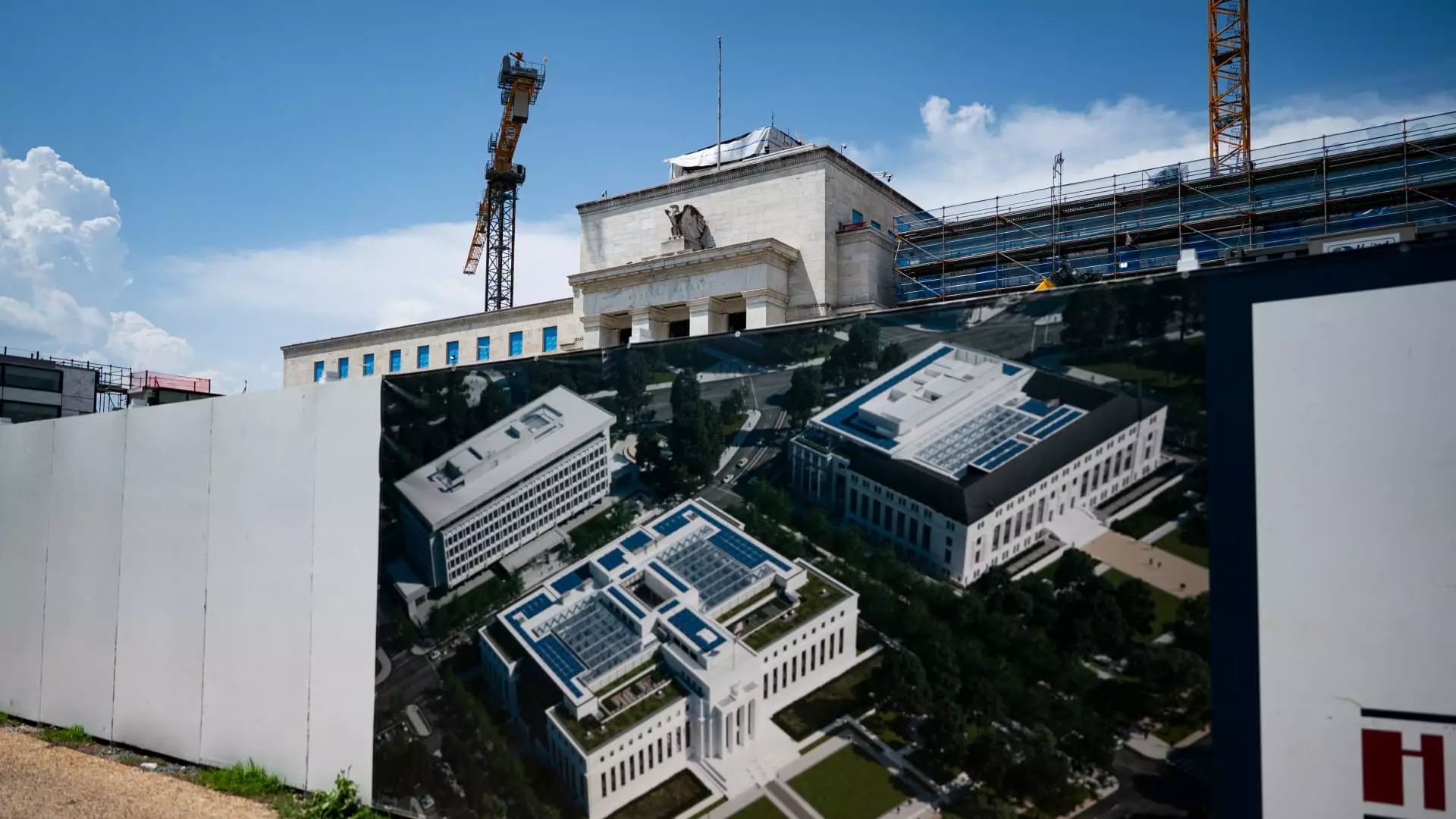The recent controversy surrounding the Federal Reserve’s multi-billion-dollar building project underscores a fundamental flaw in the perception of its independence. While the Fed purports to operate free from political interference, its unchecked spending practices reveal a troubling tendency toward fiscal arrogance. The decision to pour over $2.5 billion into infrastructure upgrades, especially amidst rising costs and calls for transparency, exposes the institution’s detachment from the very accountability that democratic governance demands. This event isn’t merely about construction costs; it’s about the broader implications of unchecked financial authority that can slip into wasteful excess under the guise of operational necessity.
The paper trail, or lack thereof, raises questions about the true nature of oversight. The fact that the Fed, an entity that supposedly functions autonomously, proceeds with what appears to be a questionable spending spree without sufficient congressional scrutiny, distorts the fundamental principles of democratic oversight. This situation reveals a troubling disparity: the Fed’s vast financial resources are not subject to the same rigorous checks and balances that govern other government agencies or public spending. Such a gap invites skepticism, especially given the inflationary pressures and economic instability that demand responsible fiscal management from all institutions wielding public or quasi-public funds.
Critics’ Accusations: Management or Mismanagement?
Emerging criticisms from powerful political figures and economic officials paint the project as emblematic of mismanagement. These critiques, especially those from President Trump’s administration, signal alarm over the lack of transparency and accountability. The fact that the project has faced cost overruns and been likened to the opulence of Versailles should spark outrage, not just internal debate. Dismissing the concerns as mere political attacks is to ignore the core issue: an institution with the implicit trust of the public should not indulge in practices reminiscent of excess and waste.
Concerns are exacerbated by the fact that the Fed operates outside traditional government oversight structures. While the central bank claims that its expenditures are justified because they include safety and modernization, this justification falls flat when measured against the broader context of economic fairness and prudence. The public, which bears the indirect burden of inflation or economic shocks caused by reckless policies, must question whether such investments serve the people or merely bolster the institution’s prestige. Transparency and accountability must never be sacrificed on the altar of perceived institutional autonomy.
The Broader Threat to Democratic Fiscal Oversight
The controversy surrounding the Fed’s building project serves as a stark reminder of the broader issue: concentrated economic power can easily morph into unchecked financial authority that escapes democratic control. Allowing an institution to operate with the freedom to spend billions without sufficient legislative oversight risks watering down democratic accountability altogether. Moreover, the involvement of high-level officials who dismiss public concern as unjustified ignores the fundamental need for openness in how public Funds—or quasi-public funds in this case—are managed.
Responsible governance requires the realization that even well-intentioned upgrades like safety remediations and code compliance should be scrutinized. These improvements are important, but they should not come at the expense of public trust or fiscal responsibility. The impending review by the inspector general might reveal troubling practices, or it could serve as a much-needed wake-up call to reassert the importance of oversight in an era where government institutions continually expand beyond the bounds of accountability. Ultimately, maintaining a balance between necessary institutional independence and stringent oversight is essential for safeguarding the integrity of our financial system and, more importantly, our democratic principles.

